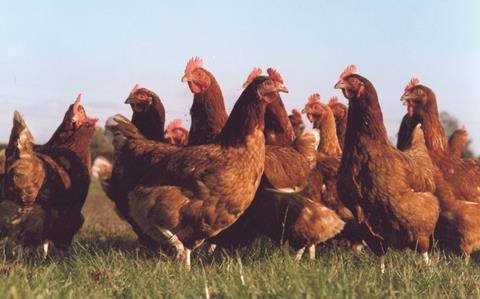A case of Avian Influenza (AI) H5N8 has been confirmed in a back yard flock of chickens and ducks in Pontyberem, Carmarthenshire.

Prior to the confirmation of AI it was decided to cull the birds on strong suspicion of the disease. A three kilometre Protection Zone and a ten kilometre Surveillance Zone have now been put in place around the infected premises, to limit the risk of the disease spreading.
The H5N8 strain of the disease is the same strain that was identified in a wild duck in Llanelli on 22nd December and at a turkey farm in Lincolnshire on 16th December. There has also been confirmed cases in wild, captive and domestic birds in many European countries, the Middle East and North Africa.
The Cabinet Secretary for Environment and Rural Affairs, Lesley Griffiths, said: “This case of Avian Influenza H5N8 in a backyard flock near Pontyberem in Carmarthenshire follows the findings of infection in wild birds and a confirmed case in Lincolnshire.
“It serves to reinforce the need for all bird keepers, particularly back yard flock keepers, to adhere to the requirements set out in the Prevention Zone, remain vigilant for signs of disease and practice good biosecurity at all times.”
Christine Glossop, the chief veterinary officer, added: “This case serves to remind us all of the risk of infection. The Prevention Zone and temporary suspension on gathering of poultry remain in place.
“It is extremely important that bird keepers practice the very highest levels of biosecurity. Even when birds are housed, there remains a risk of infection and keepers of poultry and other captive birds should ensure every effort is made to prevent contact with wild birds. The movement of poultry should be minimised, and clothing and equipment should always be disinfected.”
According to Public Health Wales, the risk to public health from the virus is low. The Food Standards Agency has also issued a similar message and has said avian flu does not pose a food safety risk to UK consumers.
Bird keepers concerned about the health of their birds should seek advice from their veterinary surgeon.
If you are suspicious that your birds are showing signs of the disease you should immediately report it to your local Animal and Plant Health Agency office.
This story was originally published on a previous version of the Meat Management website and so there may be some missing images and formatting issues.















